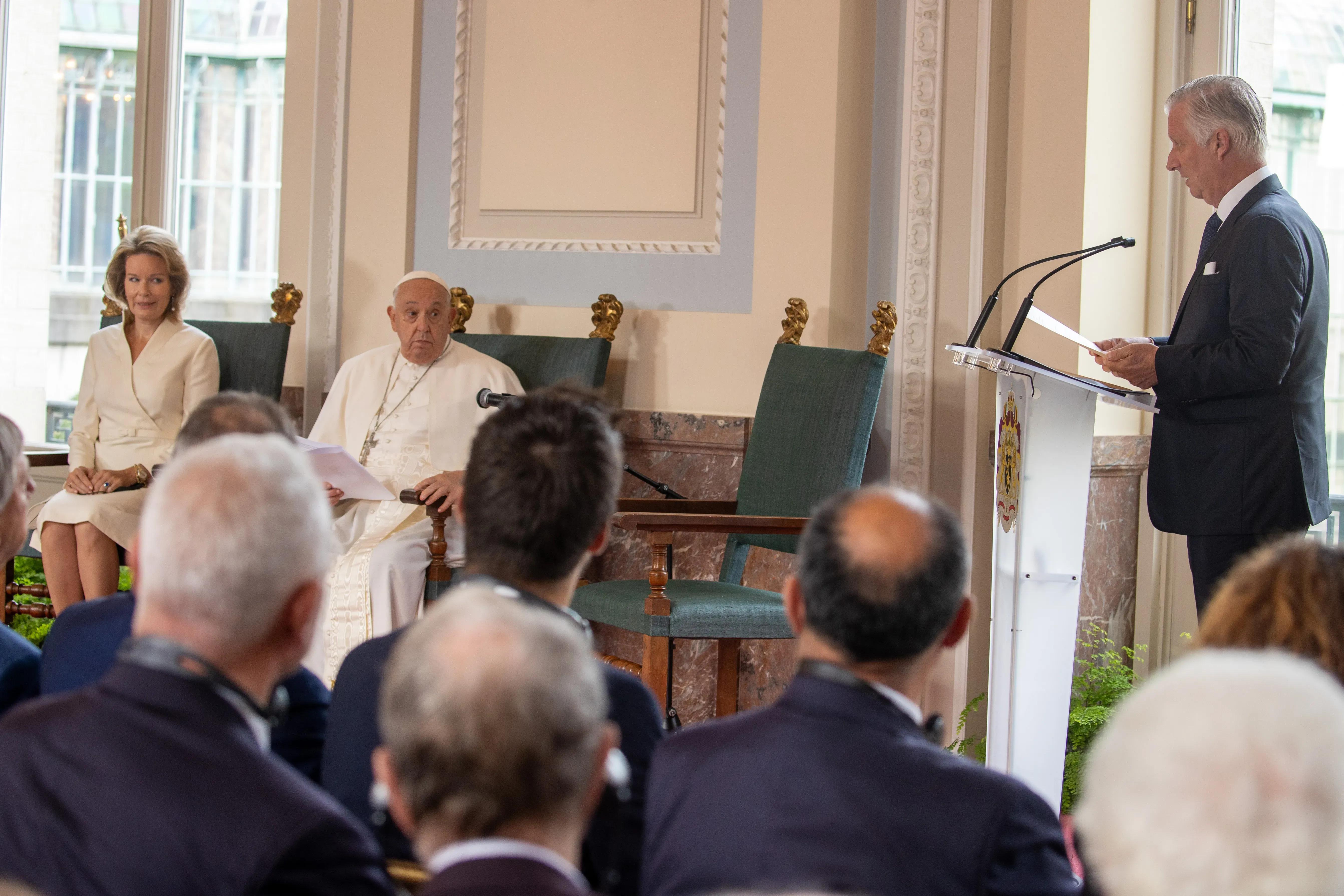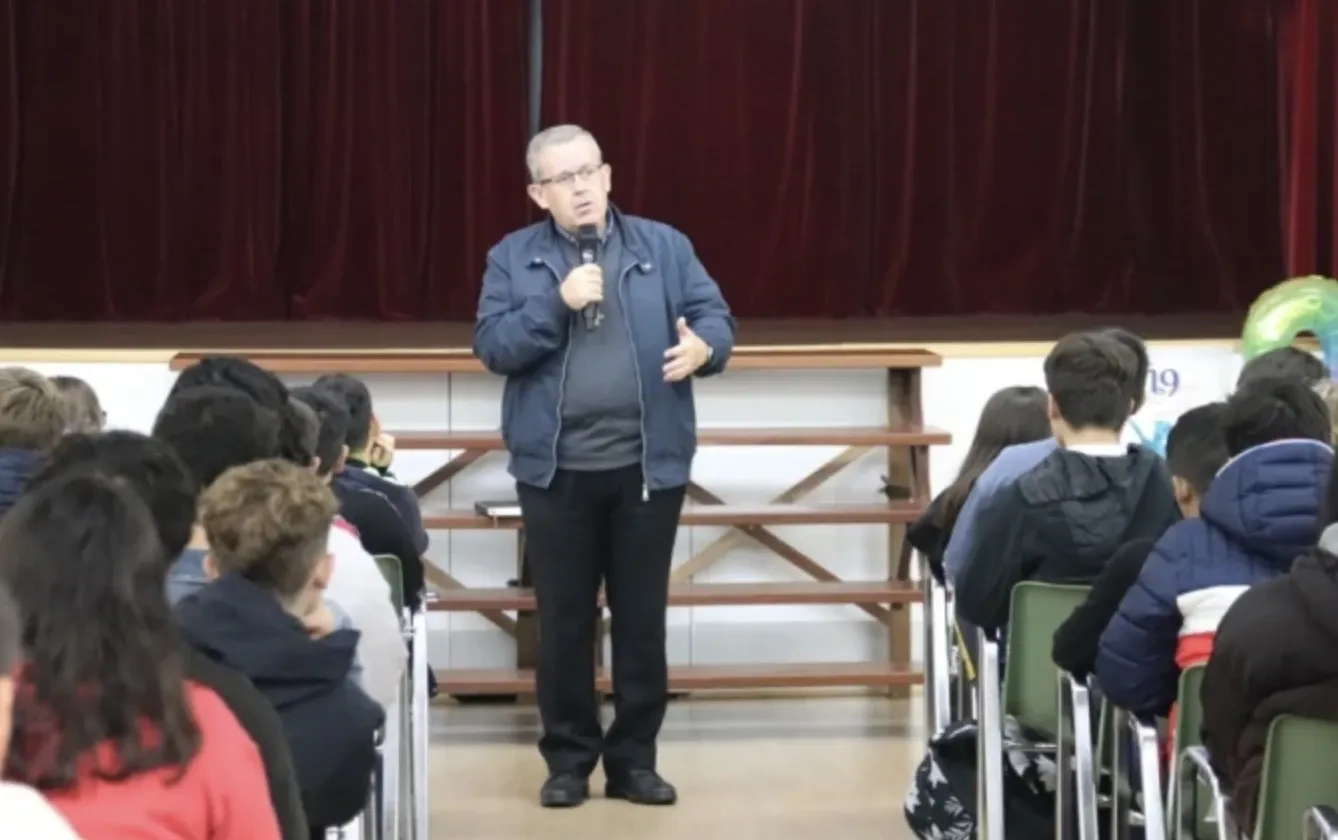Rome Newsroom, 27 September, 2024 / 7:11 pm (ACI Africa).
In Belgium’s Laeken Castle, Pope Francis confronted the Catholic Church’s long-standing clerical abuse crisis in the country, declaring unequivocally that “the Church should be ashamed” and must seek forgiveness for its failures.
Speaking before approximately 300 dignitaries, including King Philippe and Belgian Prime Minister Alexander De Croo, the pope remarked that child abuse is “a scourge that the Church is tackling resolutely and firmly, listening to and accompanying the wounded and implementing a widespread prevention program throughout the world.”
“The Church is both holy and sinful,” Francis said in the castle’s Grand Gallery on Sept. 27 in his first speech since his arrival in Belgium. “The Church lives in this perennial coexistence of holiness and sin, of light and shadow, with outcomes often of great generosity and splendid dedication, and sometimes unfortunately with the emergence of painful counter-witnesses.”
“I am thinking of the dramatic incidents of child abuse,” he added. “The Church should be ashamed and ask for forgiveness and try to solve this situation with Christian humility.”
The pope’s comments come on the heels of his decision to laicize former Bruges Bishop Roger Vangheluwe many years after the former prelate admitted to repeatedly sexually abusing his nephews. A previous archbishop of Brussels, the late Cardinal Godfried Danneels, reportedly called on a victim of Vangheluwe’s abuse to remain silent.










